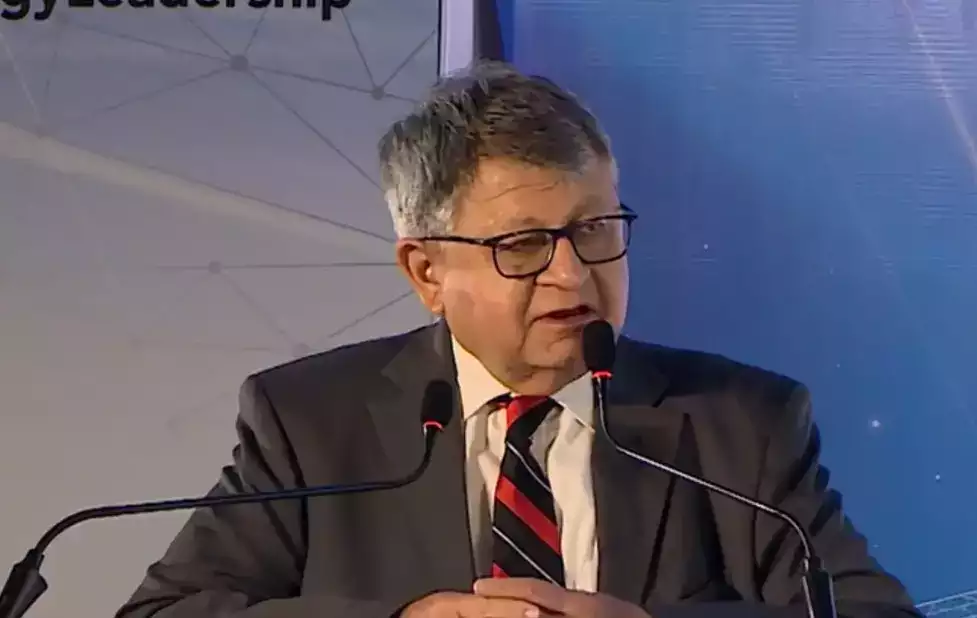India self-sufficient to fund renewable energy needs: Niti Aayog

"India has a strong tradition of private sector investments, largely driven by the stability of regulations and the solvency of distribution companies at the state level. There is ample evidence that funding is available for credible distribution companies and a robust regulatory framework," said Suman Bery, Vice-Chairperson at Niti Aayog.
Speaking at the ongoing India Energy Week, he stated, "For a country of India's scale, seeking non-market sources of external financing is unlikely. We would prefer that such resources be directed toward smaller countries that may not have the same resources as we do."
Bery emphasized the importance of determining whether renewables– including the associated distribution costs– have a tendency to drive up overall prices. If they do, it is crucial to figure out who will bear the cost and whether it will impact the competitiveness of the industrial sector.
"The dilemma we face is the significant pressure to keep household tariffs low. This results in a cross-subsidy for households, with the industrial sector paying a higher price. This undermines what we truly need in the long term– competitive industrialization,” he said.
India’s progress in renewable energy
India has an ambitious renewable energy target of achieving 500 GW from non-fossil sources by 2030.
Bery stated that there is a unique kind of vulnerability in supply chains when it comes to renewables. It’s a complex set of forces that governments must manage. They need to ensure base load power while avoiding over-dependence on batteries and other vulnerable components.
“We are making progress, but there is a significant difference between a country like the US, where energy demand is flat, and a country like India, where energy demand is growing at 6%. At the incremental level, renewables are ramping up, but they do not provide the assured base load necessary for the country’s modernisation,” he said.
He further added that while he may not be sure if they have got it completely right, but based on our net zero commitments “we are on track”.
The government has proposed establishing an additional minimum 80 GW of coal-based capacity by FY 2031-32. According to Bery, coal serves as base load power, while renewables depend on factors like time of day and season. So there is a need for a balanced approach until we reach a sustainable energy mix.
"We will eventually reach that point, but currently, renewables combined with storage are not yet cheaper than fossil fuels," he said.
“You also need base load power to complement the fluctuations in renewable energy,” he added.

